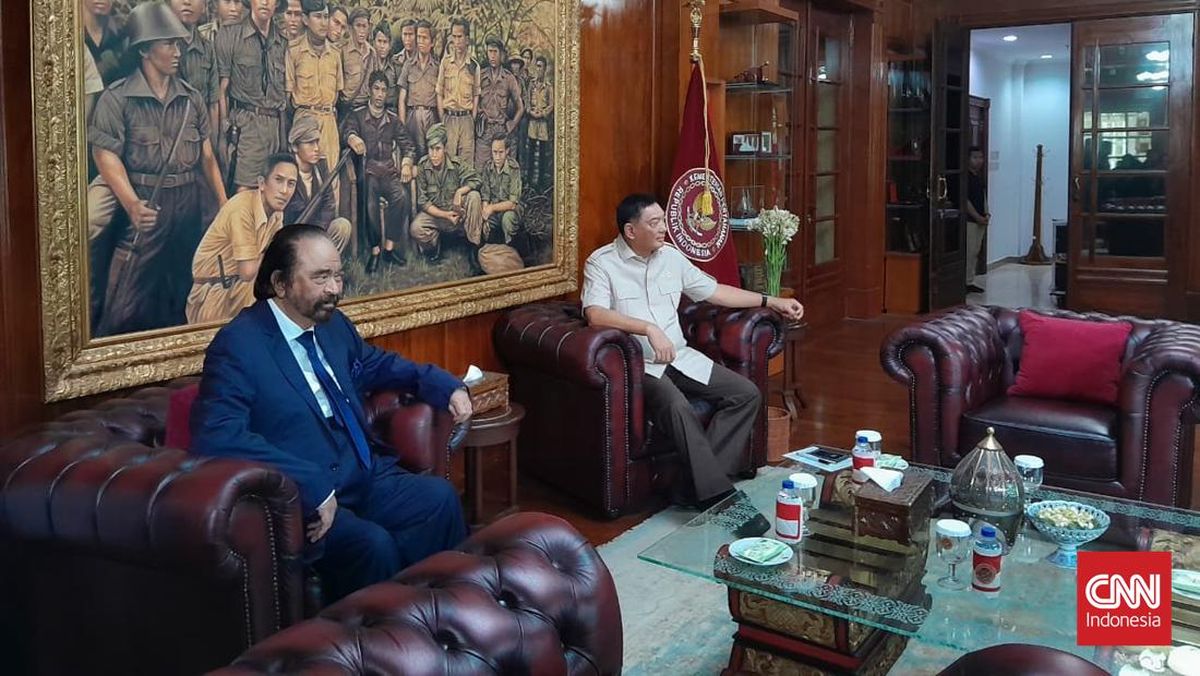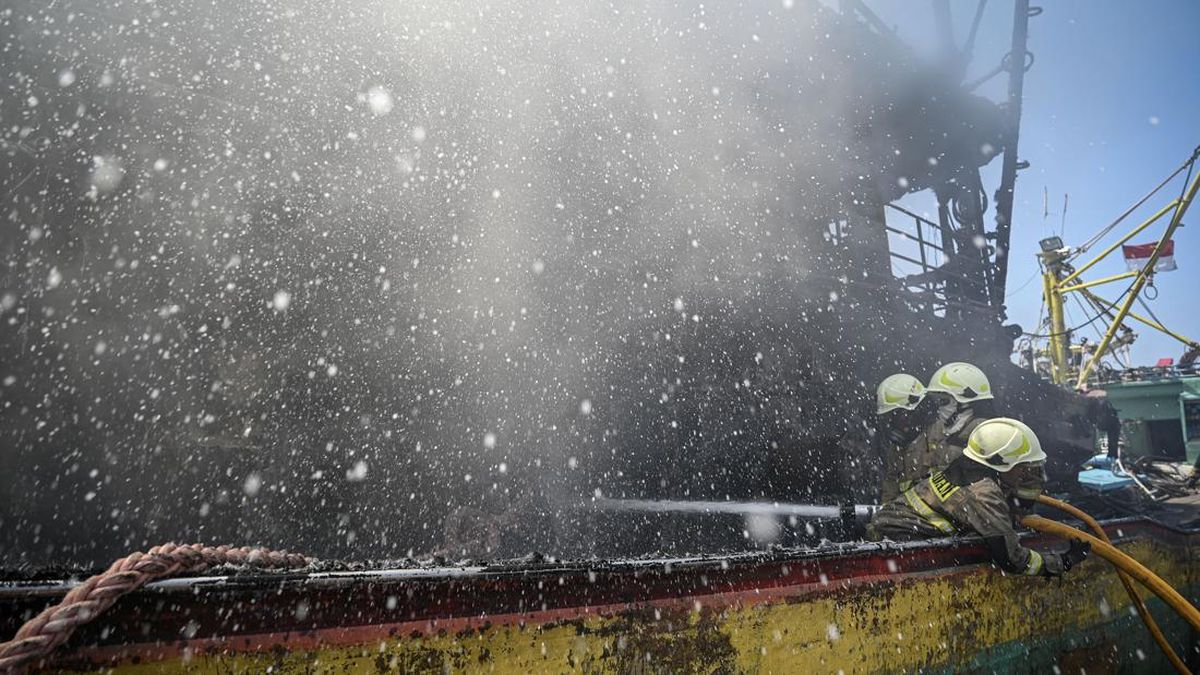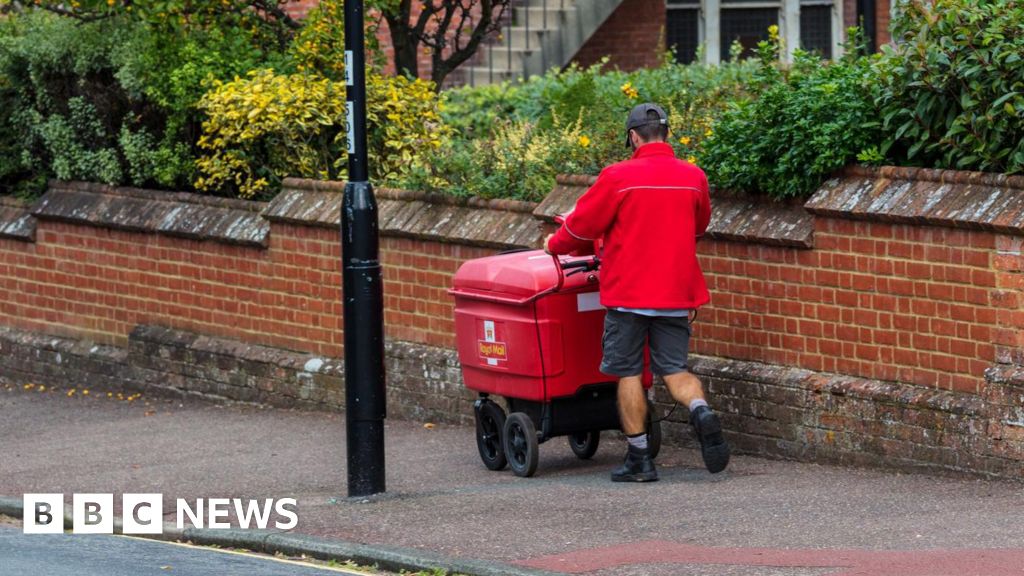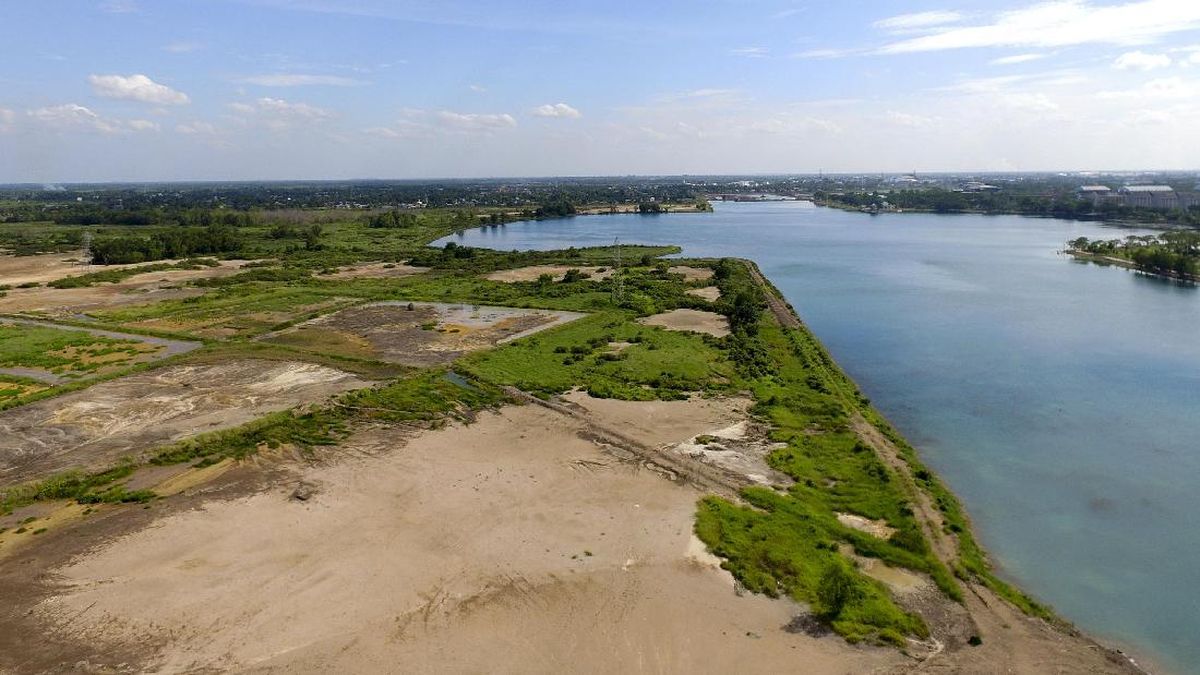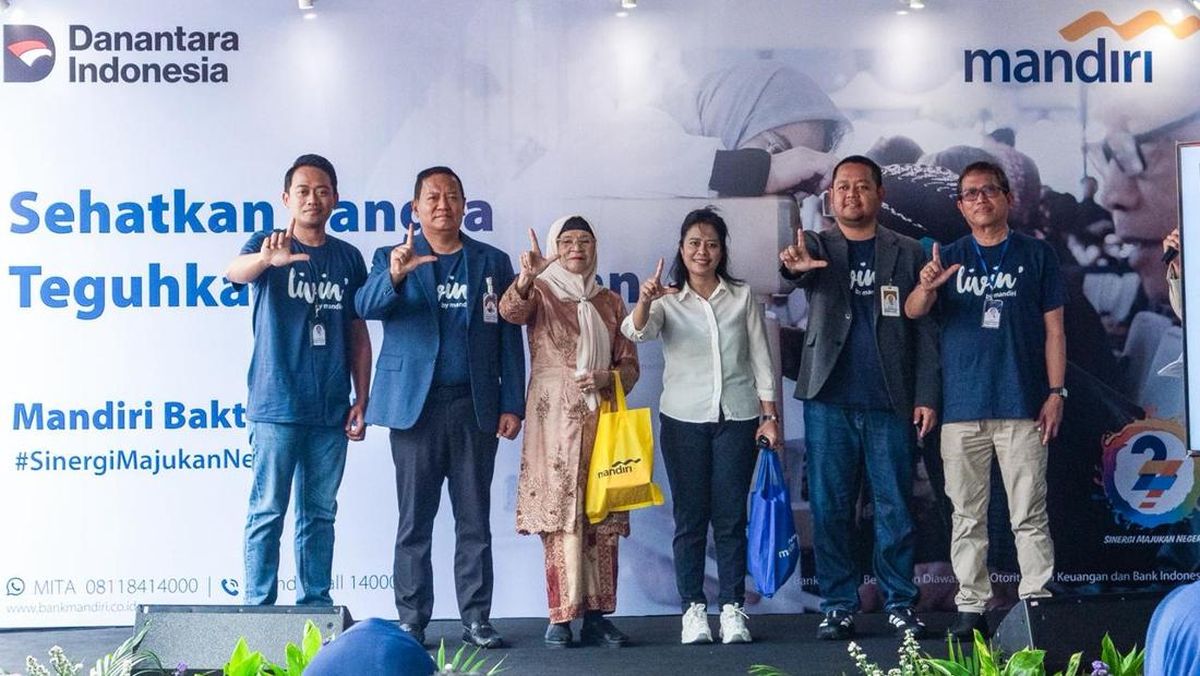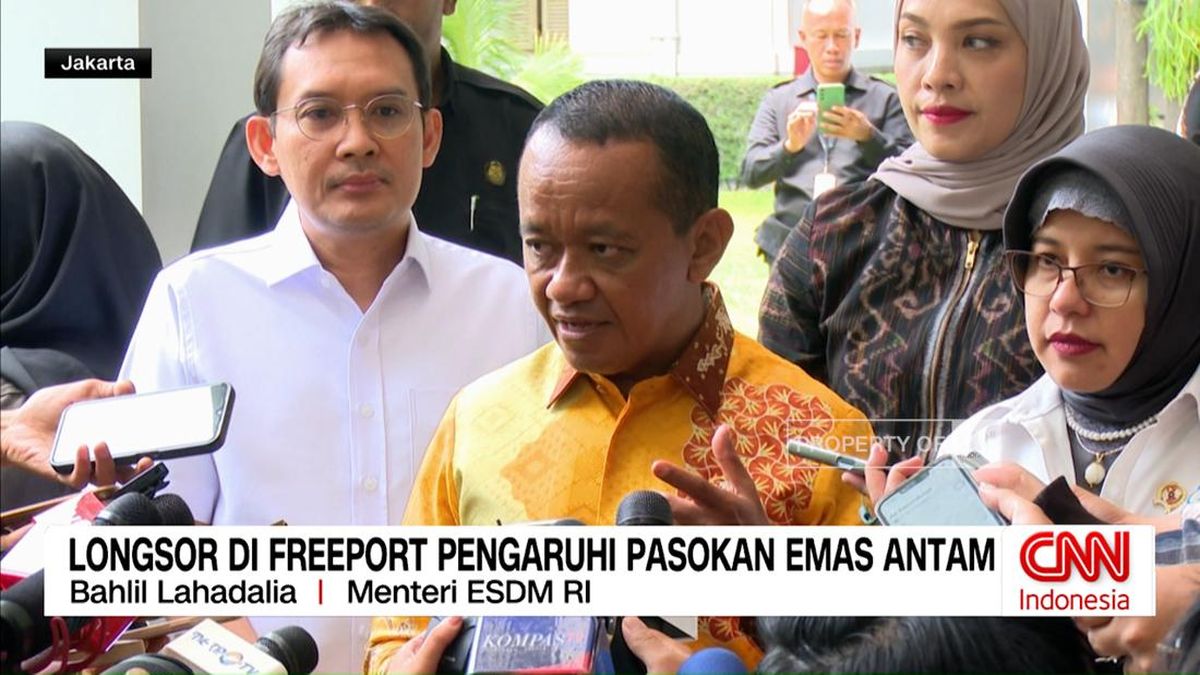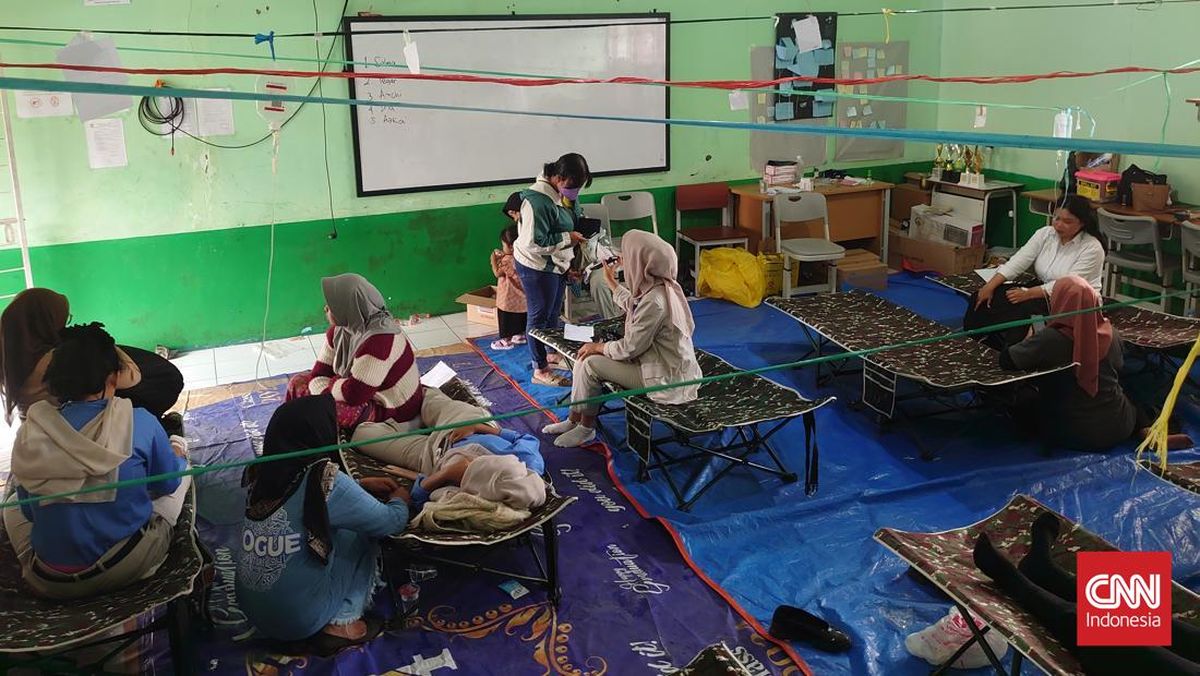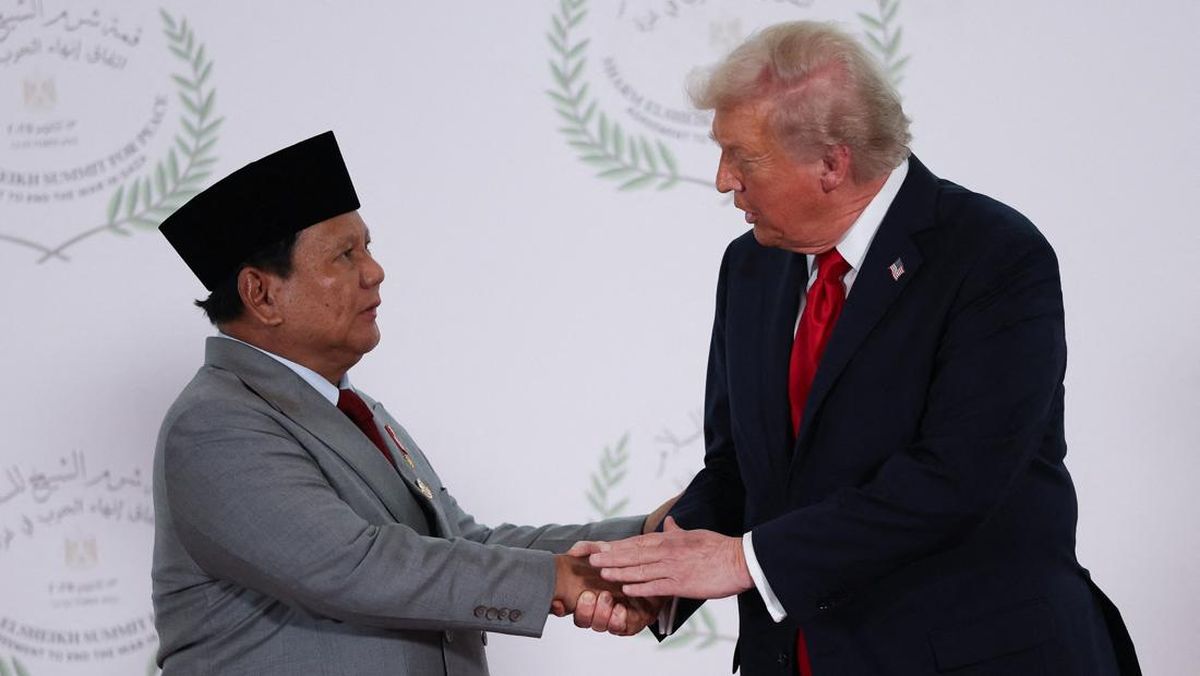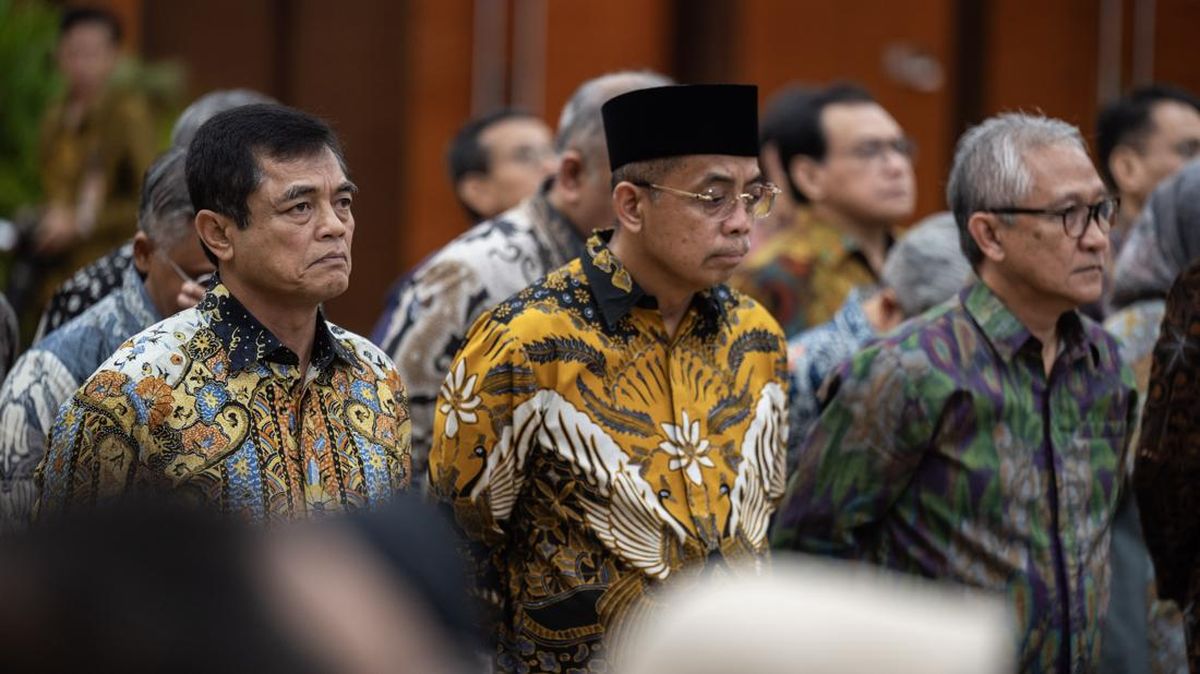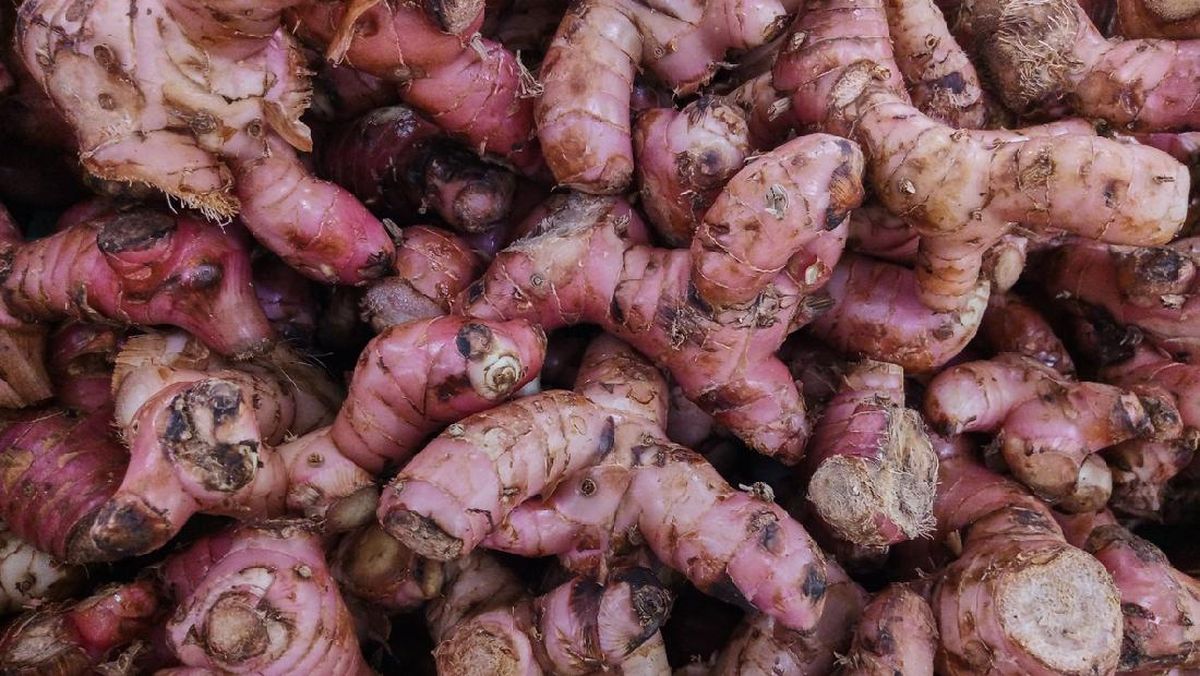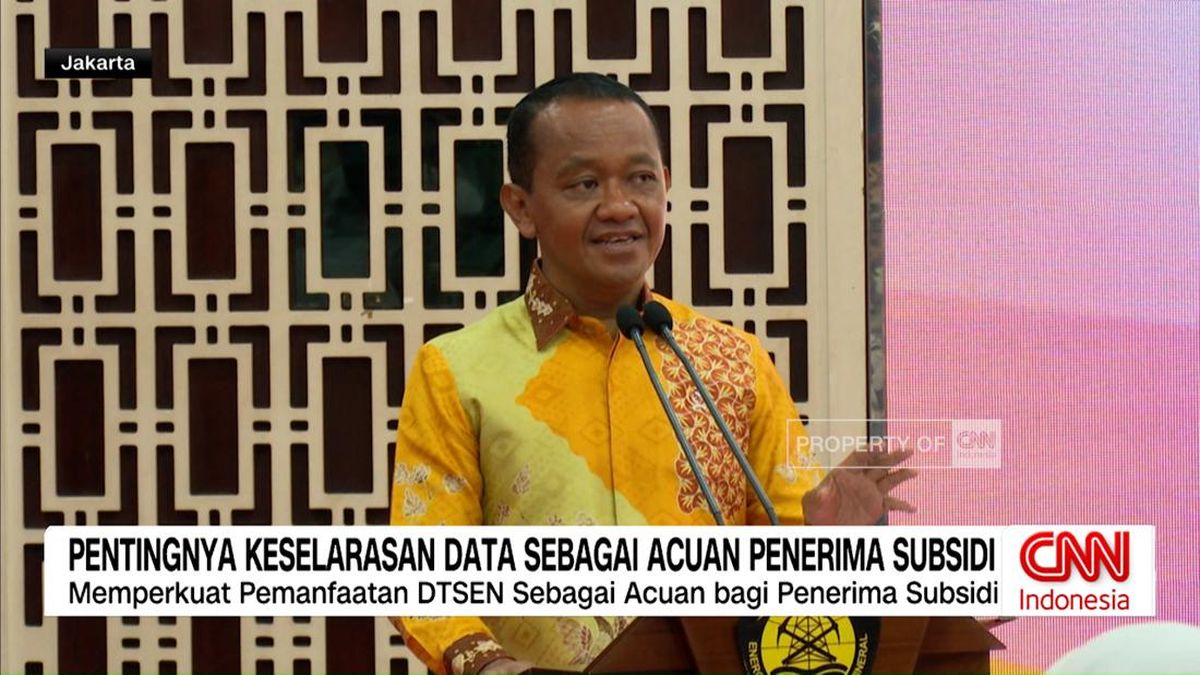The number of social media posts breaching the Electoral Act exploded in the 2025 election, as the volume of political content posted online increases and the Australian Electoral Commission takes a proactive approach to catching offending content by scanning online platforms.
Speaking at a parliamentary inquiry into the 2025 election, the AEC’s acting commissioner Jeff Pope said the parliament could empower the commission to take “more assertive action” during elections to remove offending material; suggested a six-month delay to political donation laws; and raised concerns about worsening behaviour at polling places.

Acting commissioner of the Australian Electoral Commission, Jeff Pope, at a parliamentary inquiry on Wednesday. Credit: Alex Ellinghausen
Following the May election, the commission reported 1020 breaches of the electoral act tied to social media activity – up from 81 and 122 in 2019 and 2022 respectively. The total number of social media communications reviewed faced similar growth: up from 109 in 2019, and 192 in 2022, to 2736 this year.
“We took quite a different approach in this election. In previous elections, we’ve examined complaints that have come to us, and been made to us. We, of course, did that this time around, but we also took a far more proactive approach, where we were proactively looking through a whole range of media channels at authorisations,” Pope told the inquiry on Wednesday.
“This is another area where, given the changes in the environment, that I think you would benefit from a conversation about, you know, what sort of powers would parliament like to give us to be a more effective regulator, particularly in those circumstances,” he said.
Pope said he felt the commission “ought to be able to do more”, particularly during pre-poll and on election day, with the body hampered by an “educative approach” that did not allow them to compel the removal of offending material.
“I think there’s a regulatory escalation element there that’s missing in between education and warning, through to prosecution. There is nothing for us to escalate our regulation and that’s where I’d really appreciate joint standing committee and parliament’s further consideration,” he said, noting the commission had been stretched by the volume of online content they needed to review.
Asked about the introduction of regulations on campaign funding and disclosure, coming into effect next year, Pope said that the AEC was on track to deliver its internal systems to meet the deadline, but cautioned that others may struggle, suggesting the date be pushed out.
“I do think some stakeholders would benefit from a bit of extra time. Not only is this complex for us, this is incredibly complex for a number of entities and parties, and their systems,” he said.
Loading
Under the new rules, donations to parties and candidates must be disclosed before the 21st day of the following month of the donation, and within seven days during an election. The rules will see the financial disclosure threshold for political donations reduced from $17,300 to $5000, and introduce donation caps.
Pope said the commission was getting feedback that the complexity of system changes needed to support donation disclosures was causing some difficulty, and suggested a six-month delay to the start of the regime.
The AEC found there had been 59 complaints of threats or harm to staff at polling booths during this year’s election, nine of which had been referred to police.
“We’re starting to see, regrettably, a bit of a slippery slope in terms of campaign behaviour, and I’m grossly generalising, cause there are thousands of exceptions to that. I think we need to think about what sort of interventions do we need to put in place, to stop that further occurring,” Pope said.
Victorian independent MP Monique Ryan, who joined the inquiry panel, said there were numerous occasions at polling places during this year’s election that her campaign team were referred by AEC staff to call police over bad behaviour.
“The two pre-poll sites in the electorate of Kooyong, which I represent, were unsafe for the AEC workers who were there. I think that would be borne out by many submissions from people who were involved in the election … we lost at least one AEC worker who quit in great distress within three days of pre-poll starting,” Ryan said.
Cut through the noise of federal politics with news, views and expert analysis. Subscribers can sign up to our weekly Inside Politics newsletter.
Most Viewed in Politics
Loading


